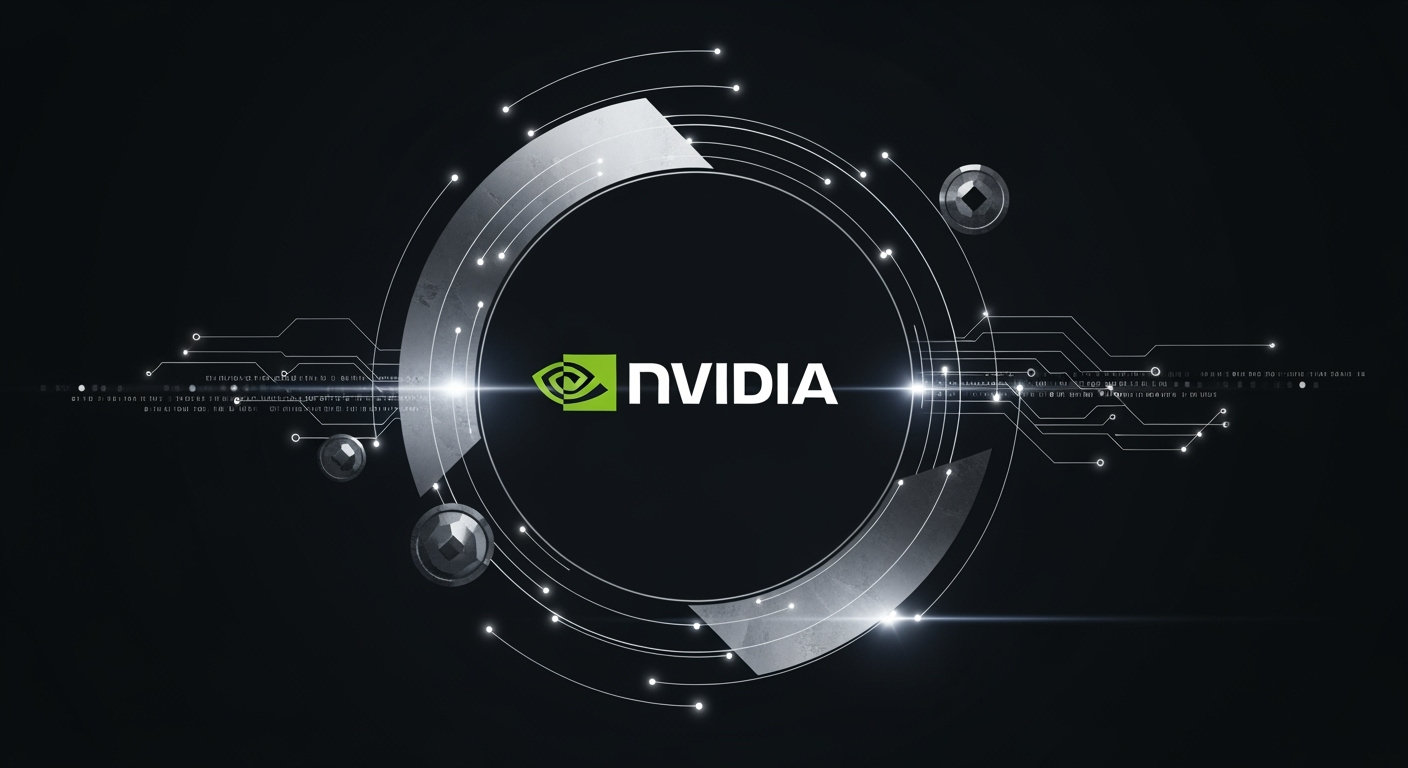Nvidia Resumes H20 Chip Sales in China Amid Rare Earth Trade Negotiations

Nvidia Reopens H20 AI Chip Sales to China: The Rare Earth Connection
Nvidia has reversed its decision to halt sales of its H20 AI chip to China, now seeking approval to resume shipments. This move comes shortly after the company announced a withdrawal from the Chinese market in June. The shift is closely linked to ongoing trade talks between the United States and China, with rare earth elements (REEs) taking center stage in the negotiations.
Rare Earth Elements: The Hidden Factor
Rare earth elements such as lanthanum and cerium are crucial for manufacturing advanced technologies, including rechargeable batteries and AI chips. China dominates the mining and export of these elements, making them a strategic lever in US-China trade discussions. According to US Commerce Secretary Howard Lutnick, Nvidia’s application to restart H20 chip sales is directly connected to these rare earth trade talks.
Regulatory Shifts and Market Implications
The regulatory environment for AI chip exports remains fluid. The US government has recently rescinded previous AI export rules, with no new guidelines yet finalized. There are also discussions about extending restrictions to countries like Thailand and Malaysia, aiming to prevent chip smuggling. Malaysia has already introduced trade permit requirements for US-made AI chips.
- AMD is also planning to restart sales of its MI308 AI chip in China.
- Reports suggest Nvidia may develop a new AI chip tailored for the Chinese market to comply with evolving US export regulations.
Differing Opinions on Export Policy
Not all US officials are on board with the resumption of chip sales. Congressman Raja Krishnamoorthi criticized the decision, stating it could give foreign competitors access to advanced American technologies and contradicts the administration’s previous stance on export controls. However, Lutnick downplayed these concerns, emphasizing that China would only receive Nvidia’s “fourth best” chip, not the latest or most advanced models. "We don’t sell them our best stuff, not our second best stuff, not even our third best," he told CNBC.
What’s Next for AI Chip Exports?
The future of AI chip exports remains uncertain, with US policy in flux and ongoing global trade tensions. The rare earth element supply chain will continue to influence negotiations, as both nations seek to secure their technological and economic interests.
References
- Nvidia to exclude China from its revenue and profit forecasts
- Nvidia is set to resume China chip sales after months of regulatory whiplash
- Nvidia to resume H20 GPU sales in China, says U.S. Commerce Secretary
- AMD MI308 AI chip to restart sales in China
- Nvidia reportedly plans to release new AI chip designed for China
- Trump administration officially rescinds Biden's AI Diffusion Rules
- US plans AI chip curbs on Malaysia, Thailand over China concerns
- Malaysia will require trade permits for U.S. AI chips
- Howard Lutnick says China is only getting Nvidia's 4th best AI chip





